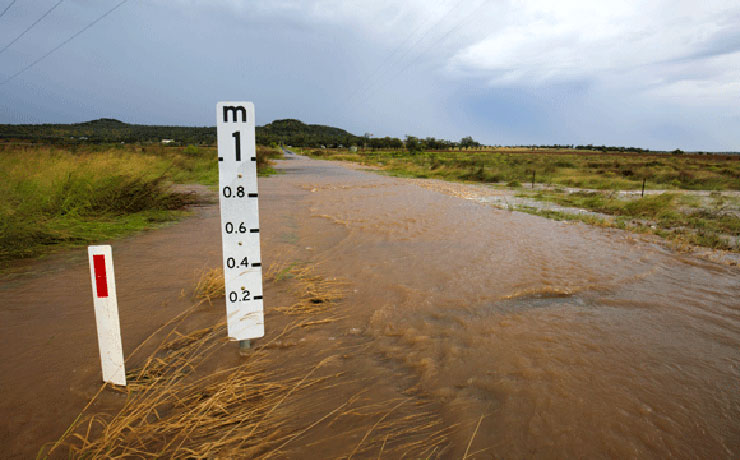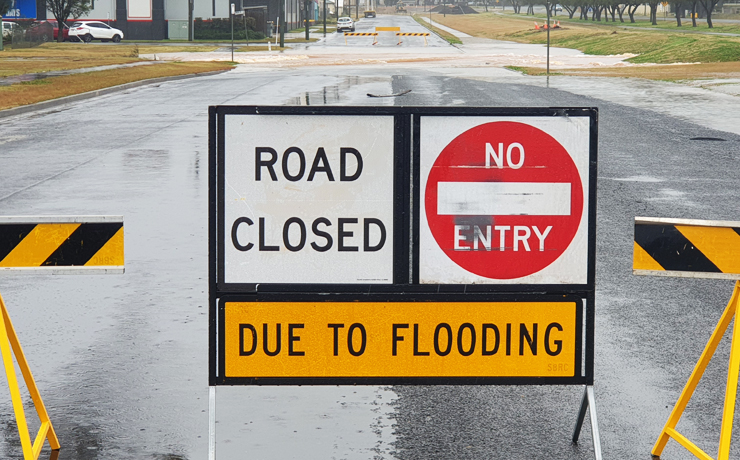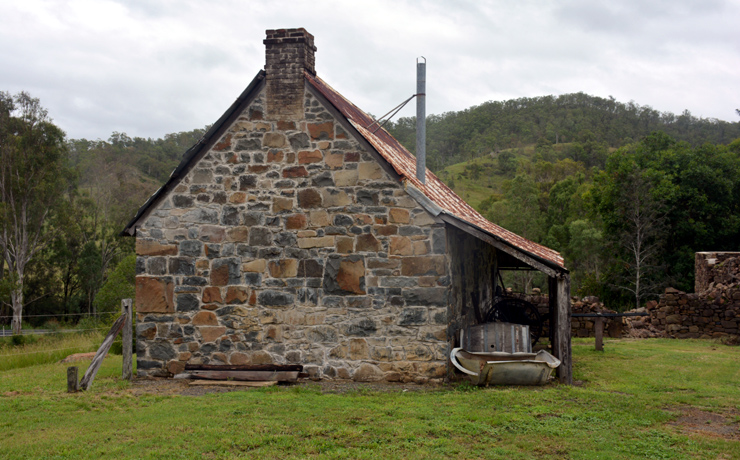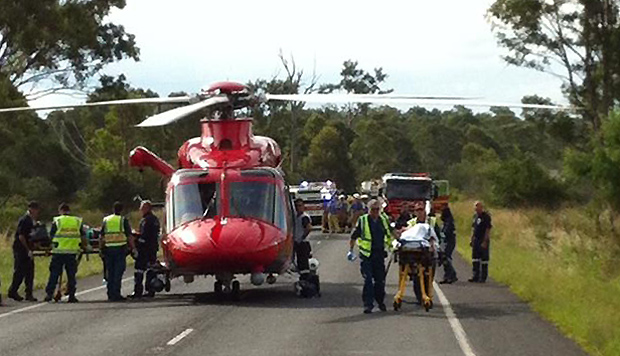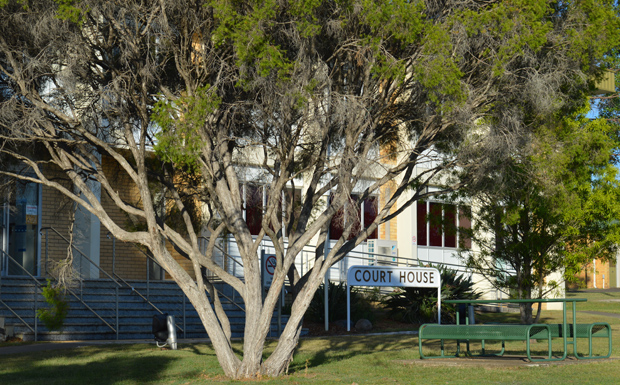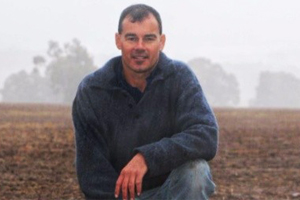
April 23, 2024
AgForce has warned that farmers will be “pushed to the brink” if the proposed Biosecurity Protection Levy (BPL) is implemented on July 1.
The lobby group says the levy, which the Federal Government says will be used to improve Australia’s biosecurity response in the face of mounting threats, will impose a $50 million tax on the agriculture industry.
AgForce representatives Belinda Callanan and Dr Annie Ruttledge appeared at a public hearing on Tuesday of the Senate Committee inquiry into the BPL.
Ms Callanan said the industry was united against the levy.
“July 1 is fast approaching and there has been no adequate regulatory impact statement undertaken. It is just far too quick to implement a levy of such significance,” she said.
AgForce’s submission to the committee stated their opposition to the levy stemmed from:
- Lack of recognition and fairness – Primary producers already shoulder a disproportionately large share of biosecurity costs and consequences.
- Lack of industry confidence in the use of the collected funds – The sector is deeply concerned over lack of clarity around how the revenue collected will be invested.
- Charging farmers to manage risks created by importers – The two greatest biosecurity disasters in recent times, varroa mite and red imported fire ants, are both thought to have entered Australia in shipping containers.
Speaking after the hearing, Dr Ruttledge said the BPL was a tax on farmers that provided little guaranteed benefit.
“Its name implies it is earmarked for biosecurity, so why is it being directed into consolidated revenue?” Dr Ruttledge said.
“Levies are imposed by government at the request of industry, following extensive stakeholder consultation, with funds directed based on what industry requests. None of this is the case for this so-called Biosecurity Protection Levy.”
Ms Callanan said the consultation process was “unstructured and rushed for a policy of this scale”.
“AgForce, along with the National Farmers Federation and numerous primary industry organisations, are deeply concerned about the risk of negative unintended consequences on the farming sector and its potential to increase the cost of food to consumers during a cost-of-living crisis,” Ms Callanan said.
Related articles:












